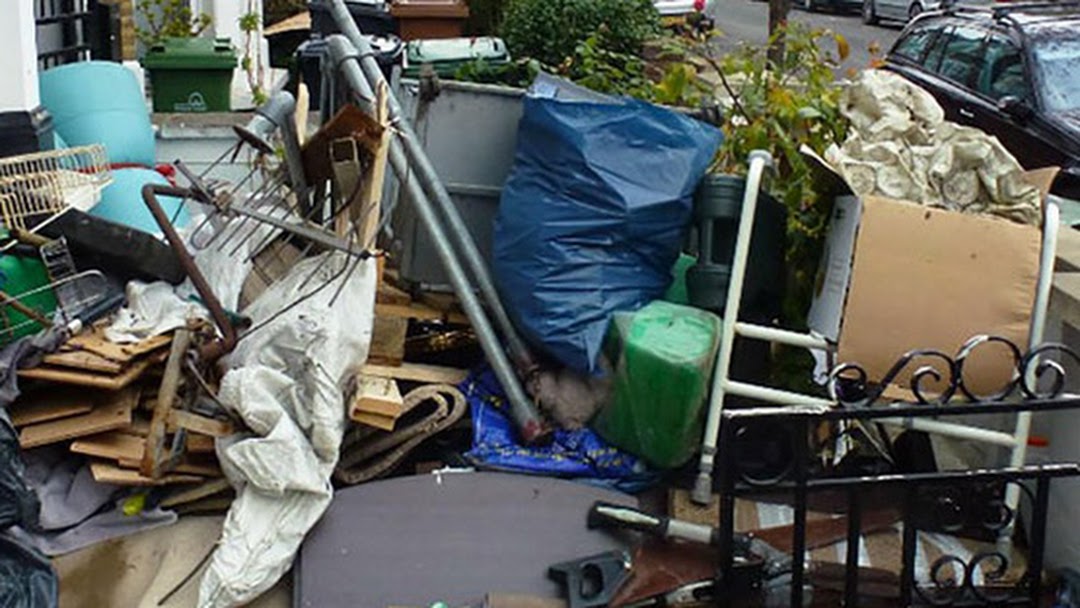10 Benefits of Proper Waste Management
- Written by The Times

When waste isn’t properly managed, it can cause serious environmental and public health problems. Improper waste management can lead to the contamination of air, water and soil. It can also increase greenhouse gas emissions and contribute to climate change.
That’s why it’s so important for cities to have effective waste management systems in place. Proper waste management can help reduce the amount of waste going into landfills, conserve natural resources, prevent pollution and save taxpayers money.
Here are 10 benefits of proper waste management:
- Reduces the amount of waste in landfills – When waste isn’t properly managed, it ends up in landfills where it takes up valuable space and releases harmful gases into the atmosphere. Many rubbish removal companies look for alternatives in recycling to prevent excessive junk from ending up in landfills. Proper waste management can help reduce the amount of waste going into landfills, which is good for the environment and for taxpayers.
- Conserves natural resources – When waste isn’t properly managed, it can contaminate natural resources like water, soil and air. Improper waste management also leads to the inefficient use of resources like energy and water. Proper waste management can help conserve natural resources, which is important for the environment and for our economy.
- Prevents environmental pollution – Improper waste management can lead to environmental pollution, which can have serious consequences for public health and the environment. Proper waste management can help prevent environmental pollution, which is essential for protecting our planet and our health.
- Saves energy – When waste isn’t properly managed, it can create serious environmental problems like air and water pollution. These problems require a lot of energy to fix, which is bad for the environment and for our economy. Proper waste management can help save energy, which is good for the planet and for our wallets.
- Helps keep our waterways clean – Improper waste management can contaminate our waterways, which can make them unsafe for swimming, fishing and other activities. Proper waste management can help keep our waterways clean, which is important for public health and the environment.
- Prevents the spread of disease – Improper waste management can lead to the spread of diseases like malaria, typhoid and cholera. Proper waste management can help prevent the spread of diseases, which is essential for protecting public health.
- Encourages recycling and composting – One of the best ways to reduce the amount of waste going into landfills is to encourage people to recycle and compost. Proper waste management can help promote recycling and composting, which is good for the environment and for our economy.
- Reduces greenhouse gas emissions – improper waste management can lead to the release of harmful greenhouse gases like methane and carbon dioxide. Proper waste management can help reduce greenhouse gas emissions, which is important for slowing down climate change.
- Creates jobs – proper waste management can create jobs in the recycling and waste management industries. These jobs are important for the economy and for protecting the environment.
- Saves taxpayers money – improper waste management can be costly for taxpayers. Proper waste management can help save taxpayers money, which is good for the environment and for our economy.
Proper waste management can benefit our planet and its people in many ways. By implementing proper waste management practices, cities can help reduce the amount of waste going into landfills, conserve natural resources, prevent environmental pollution and save taxpayers money.














